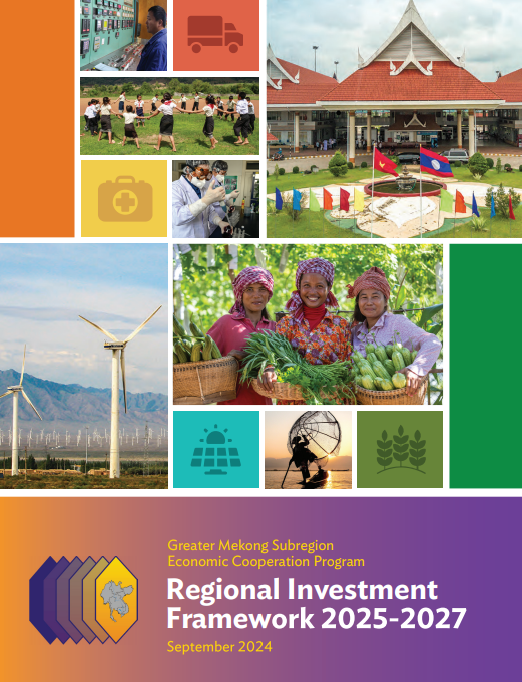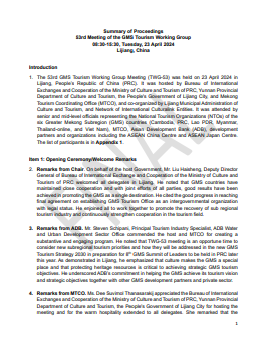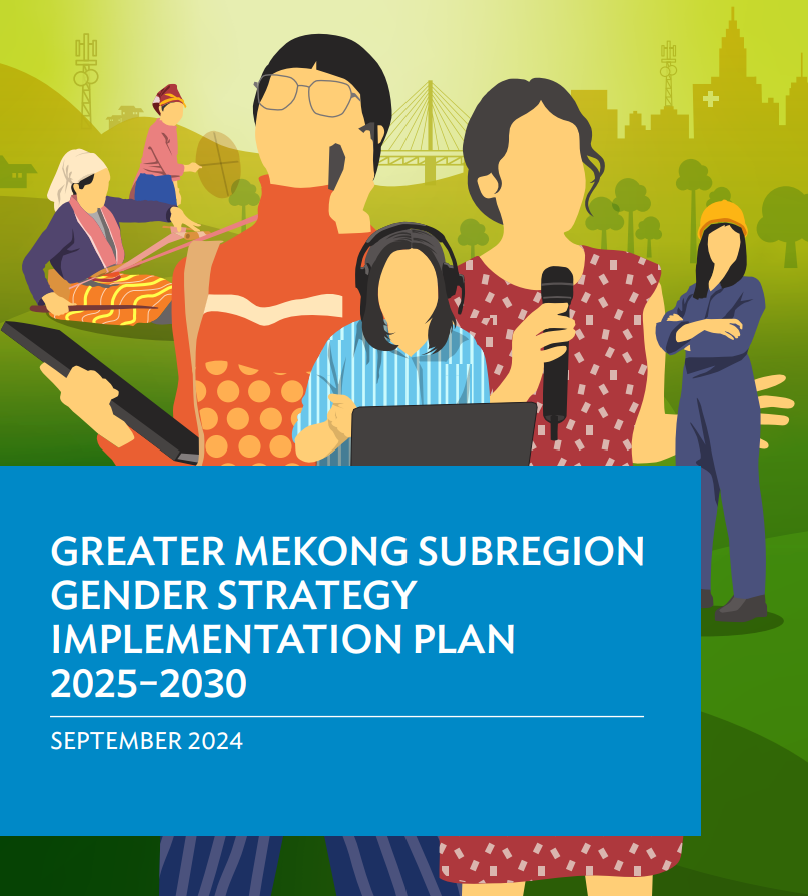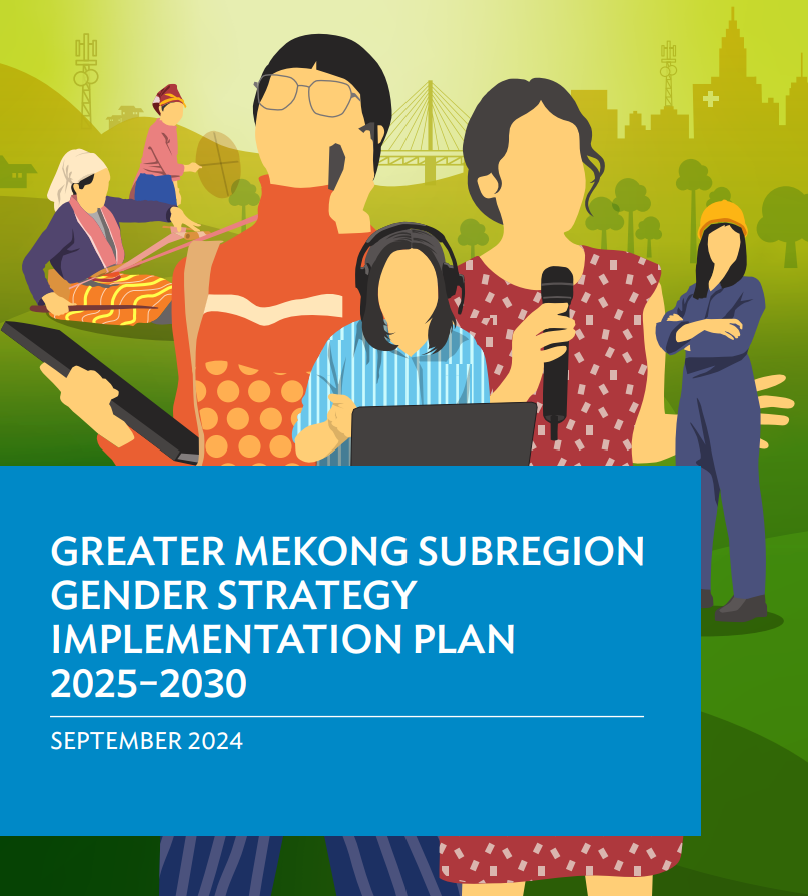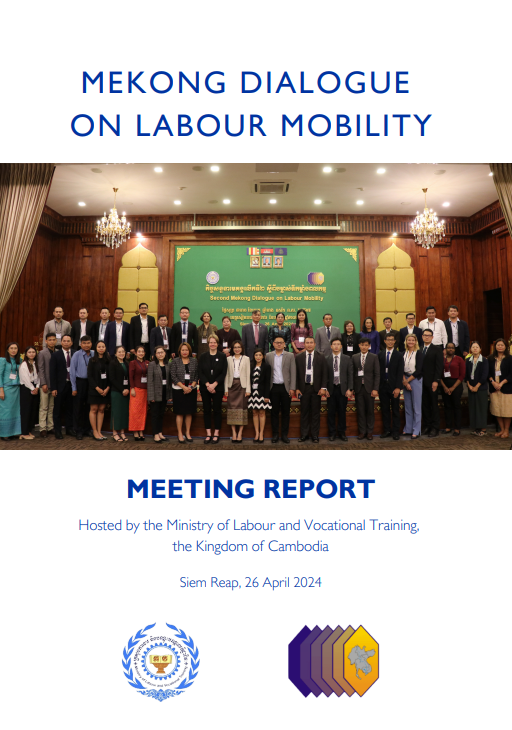
GMS 2030 Strategic Framework for Accelerating Climate Action and Environmental Sustainability
The Greater Mekong Subregion (GMS) remains on a strong path towards economic growth and poverty reduction. The economic progress in the GMS is largely driven by the region’s rich natural resources and innovative societies. While these assets have sustained the increasing demand for food, energy, and commodities, unsustainable resource extraction and development are depleting the natural capital resulting in the decline and degradation of ecosystem services and environmental quality.

